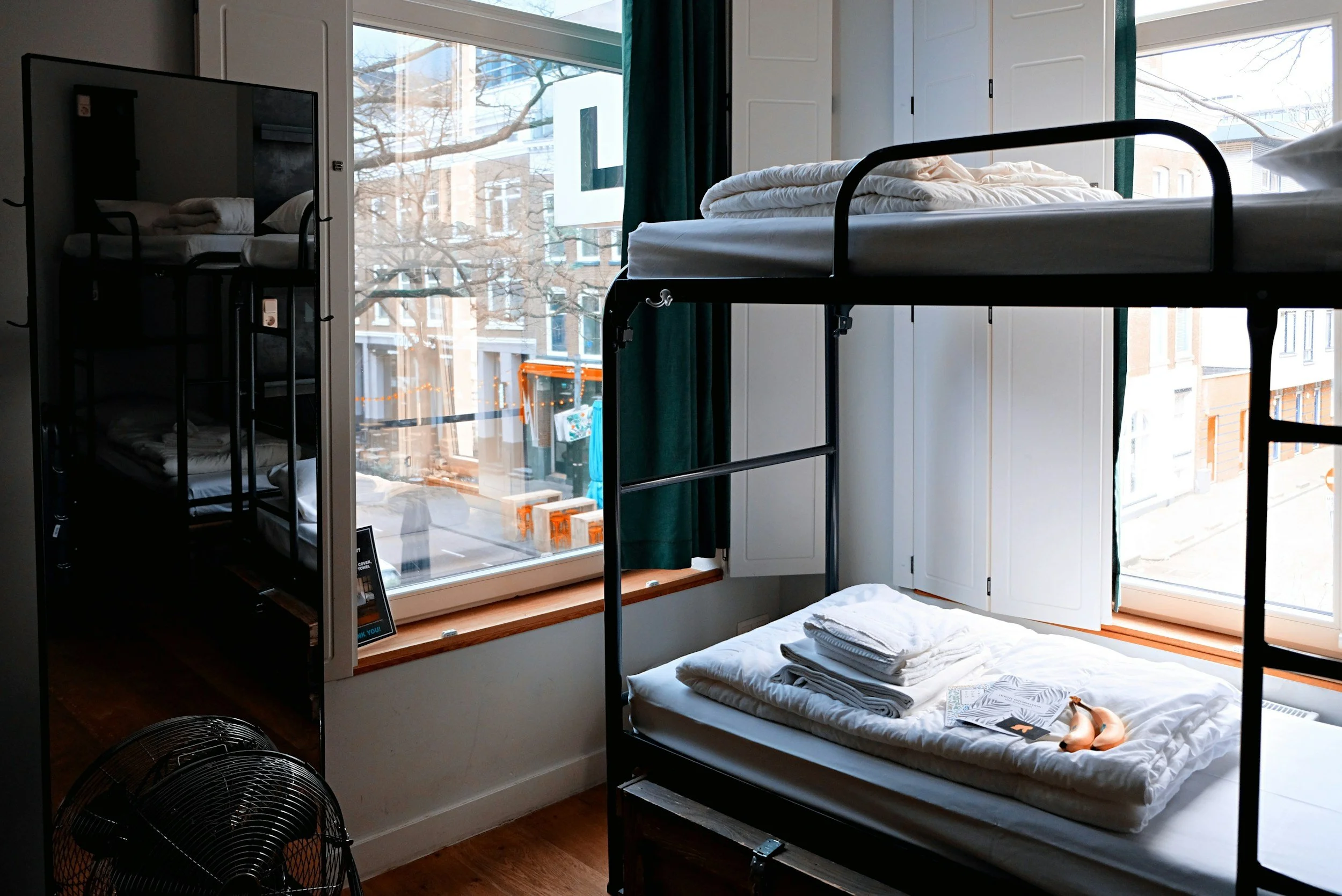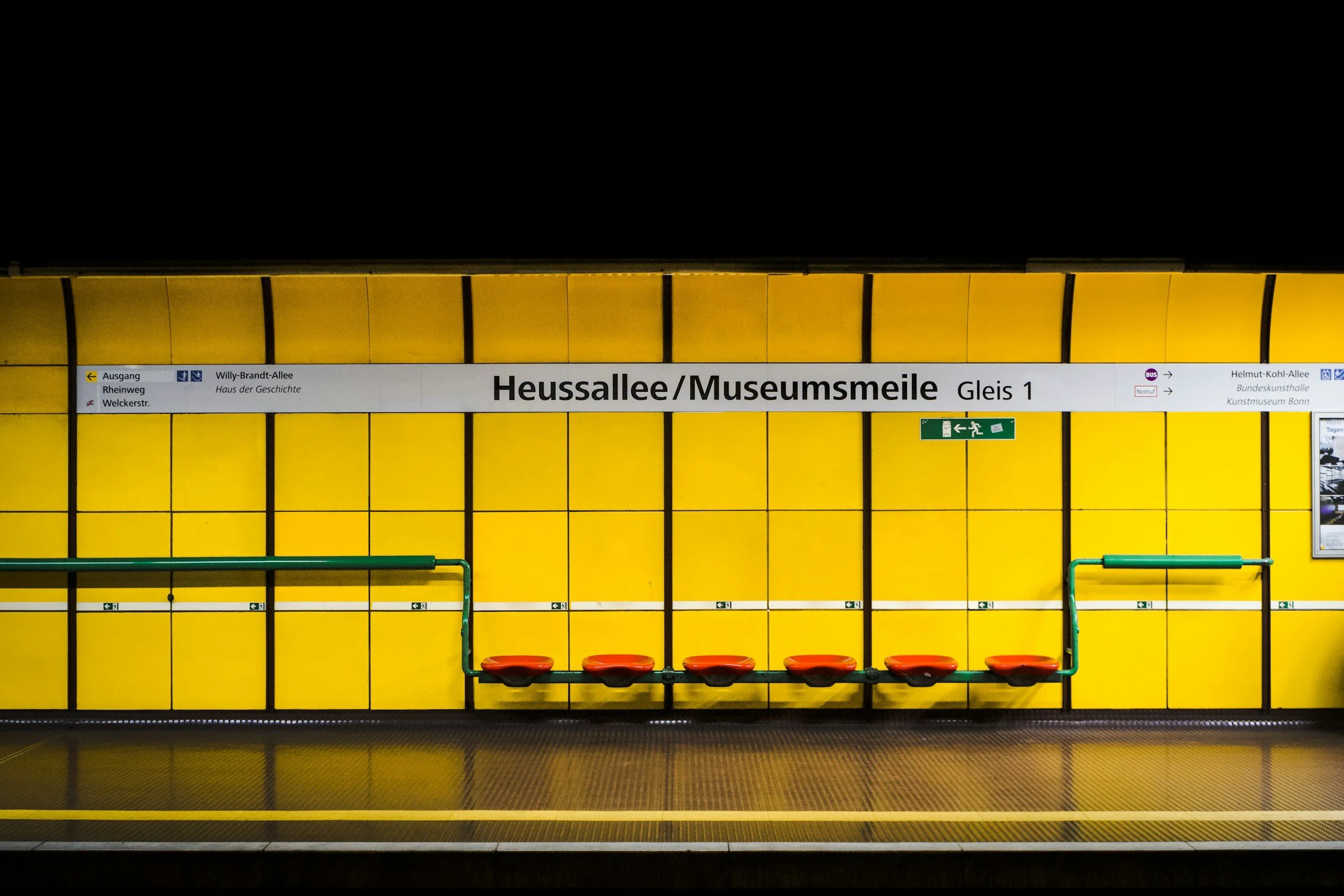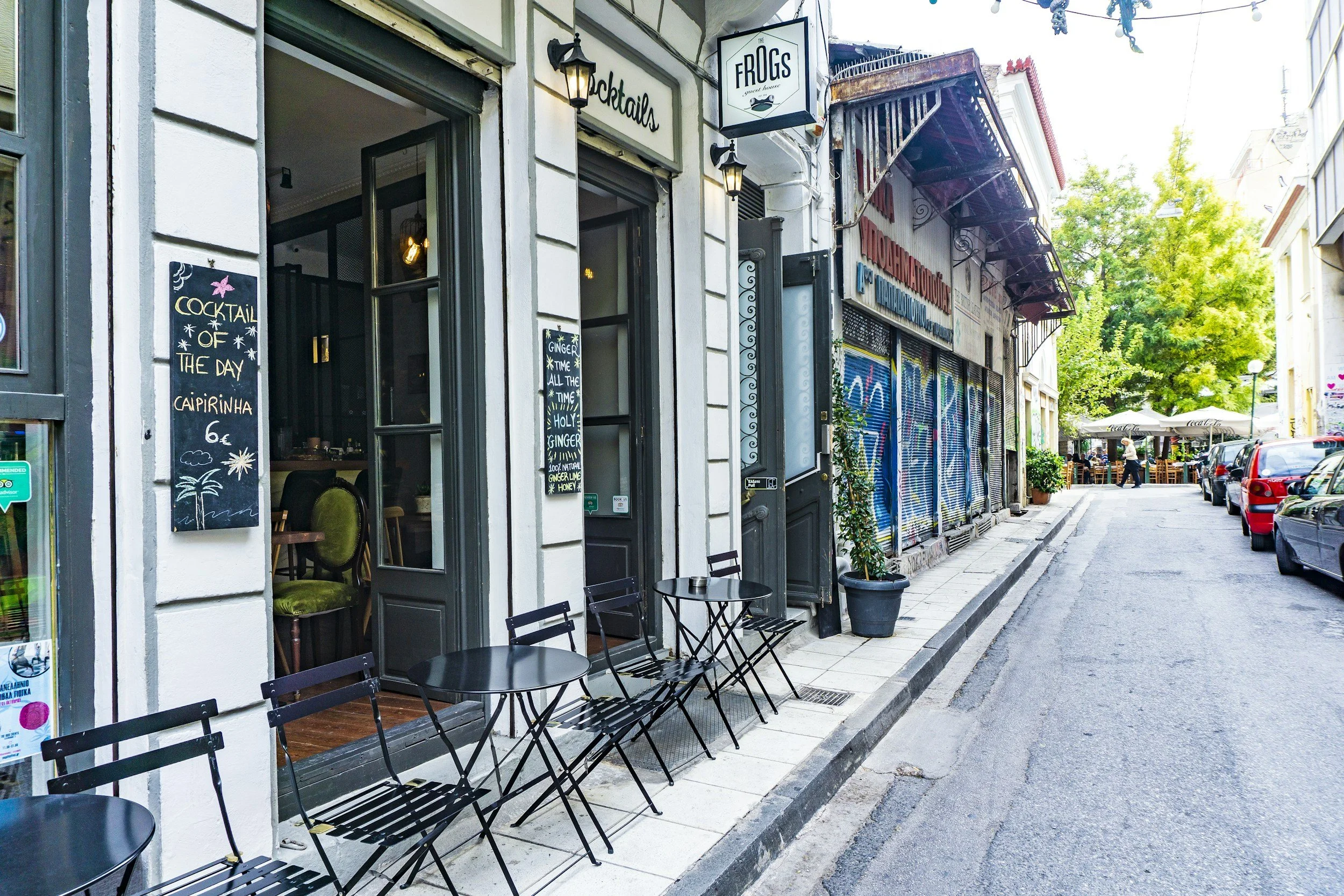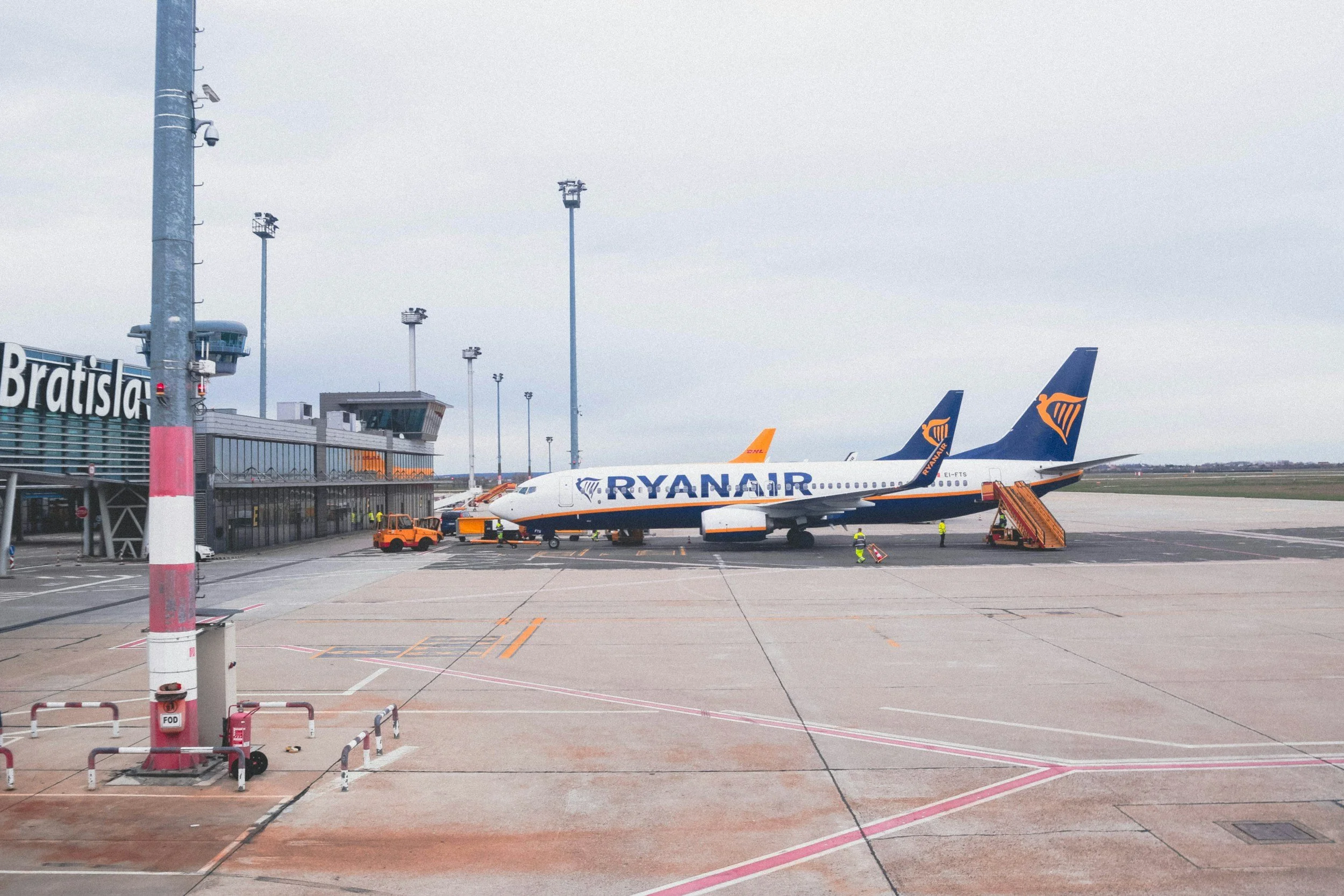Traveling in Europe on a Budget: Tips for Saving Money
Europe is a dream destination for many travelers, offering a rich tapestry of cultures, history, and stunning landscapes. However, it’s also known for being an expensive region to visit. But don’t let that deter you! With a bit of planning and smart choices, you can explore Europe without breaking the bank. For a personalized and budget-friendly travel experience, try TripplAI, our AI-based travel planner, designed to help you optimize every aspect of your trip.
✍️ Noah · August 12, 2024
1. Plan Your Trip During the Off-Season
One of the easiest ways to save money while traveling in Europe is by avoiding peak tourist seasons. Traveling during the off-season (late autumn, winter, and early spring) can significantly reduce costs on flights, accommodations, and even attractions. The major cities are less crowded, and you can enjoy a more authentic experience.
TripplTip: Consider visiting popular destinations like Paris, Rome, or Barcelona in November or March for cheaper rates and fewer tourists.
2. Opt for Budget-Friendly Accommodations
Accommodation can quickly become one of the biggest expenses on your trip. To keep costs down, consider staying in budget-friendly options like hostels, guesthouses, or Airbnb rentals. Many hostels in Europe offer private rooms, allowing you to have comfort and privacy at a fraction of the cost of a hotel.
TripplTip: Look for accommodations with kitchen facilities so you can prepare some of your own meals and save on dining out.
3. Use Public Transportation
Europe has an extensive and efficient public transportation network, including buses, trams, and trains. Opting for public transport over taxis or car rentals can save you a significant amount of money. In many cities, day passes or travel cards offer unlimited travel on public transport for a set period, making it an even better deal.
TripplTip: Consider taking night buses or trains for long journeys to save on both transport and a night’s accommodation.
4. Eat Like a Local
Dining out in Europe can be expensive, especially in tourist-heavy areas. To save money, eat like a local by exploring markets, food stalls, and local eateries. Many European cities have street food scenes where you can enjoy delicious and affordable meals. Also, take advantage of lunch specials, which are often cheaper than dinner menus.
TripplTip: In some countries, like Italy or Spain, “aperitivo” hours offer drinks and free or discounted snacks, making it a budget-friendly dining option.
5. Take Advantage of Free Attractions and Activities
Europe is packed with free or low-cost attractions that offer rich cultural experiences. From exploring historic neighborhoods to visiting free museums and parks, there’s plenty to do without spending much. Many cities offer free walking tours led by knowledgeable guides, where you can learn about the history and culture without breaking the bank.
TripplTip: Research the free days for museums and attractions in the cities you’re visiting. For example, the Louvre in Paris offers free entry on the first Sunday of every month.
6. Travel Overland Between Countries
Instead of expensive flights, consider traveling between European countries by bus or train. Companies like FlixBus and Eurolines offer affordable bus services across Europe, while Eurail passes can be a cost-effective option if you plan to travel by train frequently.
TripplTip: Book your train or bus tickets in advance to get the best deals, and look for discount cards or passes for tourists.
7. Use Budget Airlines Wisely
Europe is home to several budget airlines like Ryanair, EasyJet, and Wizz Air, offering incredibly cheap flights between cities. However, be mindful of additional fees for baggage, seat selection, and other extras, which can add up quickly.
TripplTip: Travel light with just a carry-on to avoid checked baggage fees, and always read the fine print regarding additional charges.
8. Stay Connected with Local SIM Cards or eSIMs
Roaming charges can quickly add up if you’re using your home country’s SIM card. Instead, purchase a local SIM card or use an eSIM service to stay connected at a lower cost. Many European countries offer affordable prepaid plans with data, allowing you to navigate, communicate, and stay online without worrying about high costs.
TripplTip: You can easily find and purchase eSIMs directly through the Mytrippl app, ensuring you stay connected throughout your trip. Check the link below to explore available options and find the best eSIM deals tailored to your destination.
9. Prefer Local Shops
For a more budget-friendly and authentic experience, skip the souvenir shops and head to local markets. Not only will you find unique items, but you can also practice your haggling skills. Fresh produce, artisanal products, and handcrafted goods are often available at lower prices than in tourist areas.
10. Use TripplAI to Plan Your Budget-Friendly Trip
Maximize your savings by using TripplAI, Mytrippl’s AI-based travel planner. TripplAI helps you create a personalized itinerary that fits your budget by finding the best deals on flights, accommodations, and activities. It takes into account your preferences, travel dates, and budget to optimize every aspect of your trip, ensuring you get the most value for your money.
TripplTip: Use TripplAI to discover budget-friendly destinations, plan efficient travel routes, and find hidden deals that you might not come across on your own. Let TripplAI handle the planning so you can focus on enjoying your European adventure.
Traveling in Europe on a budget is entirely possible with a bit of planning and flexibility. By choosing the right time to travel, being smart about accommodations and transportation, and taking advantage of local experiences, you can explore this diverse continent without overspending. And with TripplAI by your side, you’ll have access to the best deals and tips tailored just for you. Happy travels!
✍️ This blog was written by Noah.





















